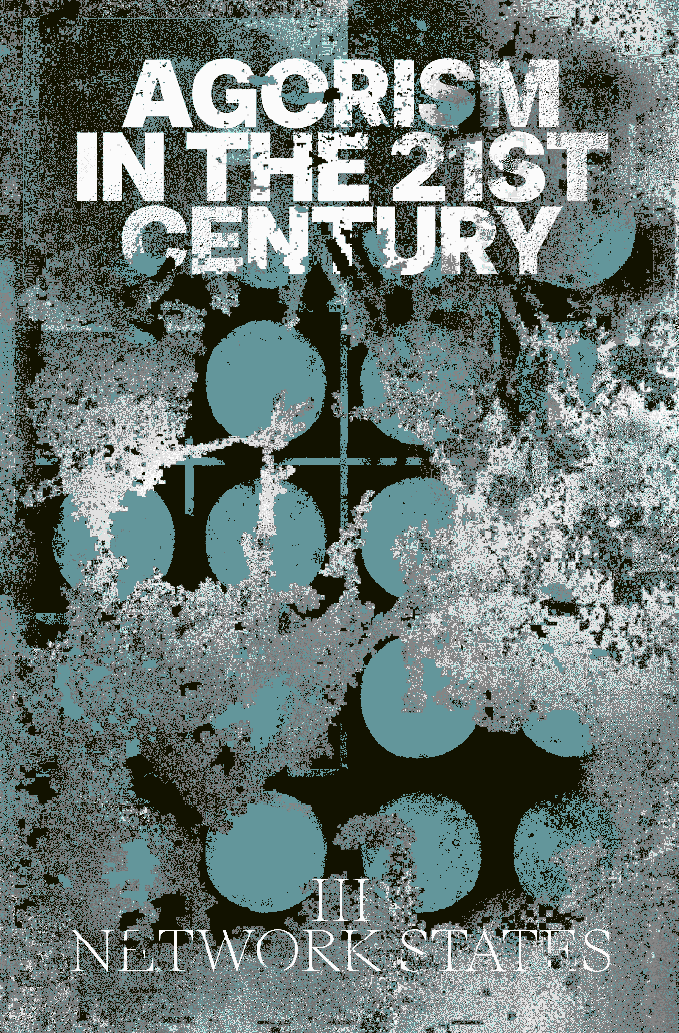Transcending the Individualist-Collectivist Divide with web3
by Kevin Owocki
Individualists and collectivists do not agree on much. While this is especially true concerning how to organize society, it is important to recognize that the divide between collectivists and individualists is not necessarily a dichotomy, but rather a spectrum of views on the role of the individual and the collective (family, community, state) in society.
On one end of the spectrum are individualists, who believe that individuals should have the freedom to pursue their own interests and that the state should play a minimal role in society. Mutualism, voluntary cooperation and privacy are the aims.
Some individualists believe that the state, with its monopoly on force and coercion, is a hindrance to human prosperity and liberty. They argue from first principles that taxation is theft and that, consequentially, taxation creates corruption. As a citizen of a nation-state, individuals have no direct voice on whether their taxes fund wars or roads.
On the other end of the spectrum are collectivists, who believe that society as a whole should take responsibility for funding and providing public goods and that the state should play a strong role in this process. Collectivists focus on group goals and what is good for the group in terms of interpersonal relationships.
While individualists argue that taxation is theft, collectivists make a causal argument that without the state there would be no public goods. To them, the state is the best vehicle for creating the collective public good.
What both sides have in common is that they are in favor of public goods (e.g. fresh air, herd immunity, open-source protocols, public roads, and so forth). What’s at odds is the method of how to fund public goods.
These differences are amplified in the nation-state era by coercive collectivism. Web3 can bridge this divide by giving us a platform for non-coercive collectivism.
A Parallel Society: Web3 creates a non-coercive market for supporting public goods
Web3 technology provides a breakthrough opportunity for society to transcend the individualist/collectivist divide. Because of its decentralized and programmable nature, web3 enables us to create a parallel society where both collectivists and individualists can work together to fund public goods in an agorist way through the use of voluntary, privacy-respecting, non-coercive methods of funding.
By creating modular, sovereign and privacy-aware protocols that support public goods and by having a scarce token to support their governance, DAOs (decentralized autonomous organizations) can fund and manage public goods in a way that is decentralized, transparent and secure. With web3, individuals can voluntarily contribute in accordance with their personal values and beliefs to the trustless funding of public goods.
By creating a parallel society where individuals and communities can take more responsibility for providing public goods, people can track and manage how their contributions are used. Rather than relying solely on the state, individuals and communities can take control of their own lives and resources, as well as the lives of their families, communities and nations. A healthy alignment between individualist autonomy and collectivist interdependence can be achieved.
This parallel opt-in system for digitally-native public goods can support a transition to web3 non-digital public goods. Web3 market-style public goods funding could then scale public goods funding globally. Imagine opting in once a year to support all of the public goods around you. Opting in to funding open-source software, parks, clean air, and potholes; opting out to wars overseas.
As we transition from the Industrial Age to the Information Age, we have a moment of opportunity to transition from coercive to non-coercive support for public goods. We can build new, better, public good institutions together.
The Challenge Before Us
The challenge before us is to build a parallel society. One that can do the things the state has historically done, but in a way that is better, faster, cheaper, more privacy-centric and more sovereign.
Historically, social safety nets and public goods have been associated with statism. With web3 this is no longer true. We can use web3 tools to enable agoric social safety nets and public goods funding infrastructure.
When people have (better) vehicles for funding public goods and they can track the outcomes of that funding there will be a snowball effect towards an agoric parallel society.
Privacy-aware public goods funding mechanisms may seem like an oxymoron but they are possible with web3. We can build zero-knowledge ways for citizens to prove their citizenship and can vote on which public goods they care about.
Web3 and DAOs have given us a moment of agency. We can chart a better path forward for society by coordinating around the funding and maintenance of public goods.
But we have to choose to build it.
I believe that web3 tools for public goods funding can lead to greater prosperity, innovation and liberty for all people while also providing decentralization, accountability, privacy and distributed governance.
The moment is here. We can transcend the divide between individualists and collectivists of the statist era, and build a new agoric community that measures, manages and respects the value sets of both individuals and the collective.
 Preorder the third issue printed version
Preorder the third issue printed version